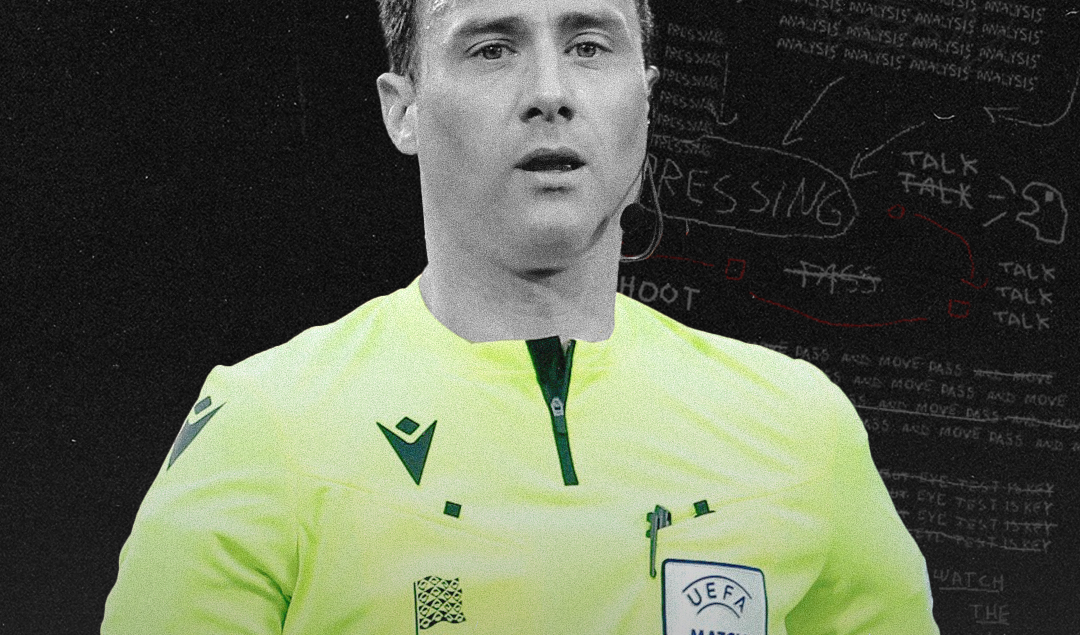Three Match-Fixing Scandals That Were Overshadowed by Calciopoli
Everyone knows the infamous Calciopoli scandal that would see Juventus stripped of the 2004/05 Serie A title and relegation to the second tier, but match-fixing has existed almost since football was invented and there are plenty of other scandals that have had monumental implications. Today, we’re going to be taking a look at three lesser-known scandals.
Portuguese football is often overlooked by many fans, which allows it to slip under the radar both for good and bad reasons. Right before the Calciopoli storm blasted through Serie A, the Apito Dourado scandal was unfolding in the Primeira Liga. Translated to Golden Whistle, this operation debuted in 2004 with the arrest of 16 individuals. Amongst them were the President of the Portuguese League, Valentin Loureiro, and the Chairman of the Refereeing Board, Antonio Pinto de Sousa.
The last target of the investigators, Porto chairman Jorge Nuno Pino da Costa, had been previously tipped off and left his home, before turning himself in the next day. During the subsequent trials, two affairs stood out amongst the allegations of corruption and bribery. The affair of the fruit and the affair of the envelope both involved the Porto chairman offering sex workers and an envelope with 2,500 euros to referees.
The case was further complicated by the former partner of the Porto chairman, Carolina Salgado, releasing a book called Eu, Carolina (Me, Carolina) providing further information on the offenses, which forced investigators to re-evaluate their cases. The trials took until 2008, when Porto was docked six points and fined 150000 Euros, with the points deduction being later overturned. The main actors of this affair, whose end was named Apito Final (final whistle), received suspended prison sentences and two and three-year bans from football.
A Lesson in Club Mismanagement: How Hertha Became Berlin’s Second-Best Club
Whilst the Germans love to turn up their noses at the Italian league calling it corrupt, Calciopoli was overshadowing a huge scandal unfolding in the German lower leagues, roughly at the same time. The central figure of the scandal was referee Robert Hoyzer, who was involved in matches in the second and third leagues and the DFB-Pokal. Hoyzer cooperated with the investigators and gave up the names of the members of a Croatian gambling syndicate with ties to organized crime. Hoyzer was banned for life from football alongside several other referees.
The most high-profile name amongst the refs was Felix Zwayer, who was only suspended for six months. His ban was kept secret, alongside the depth of the investigation, as the German Federation was slow to respond, worried about how this will look in connection with the 2006 World Cup. Hamburg, who had lost a DFB Pokal game against Paderborn after two contentious decisions by Hoyzer, in a game whose bad refereeing kickstarted this investigation, were offered financial compensation.
It seems that the efforts of the German Federation to ensure that the controversy died down before the World Cup have not been wholly successful, as in 2021, Jude Bellingham made a reference to the scandal when Zwayer did not award a penalty and sent Marco Rose off, in BVB’s game against Bayern. Furthermore, German fans regularly chant “Hoyzer, Hoyzer, Hoyzer!”, whenever a contentious decision doesn’t go their way.
The three main culprits of the German scandal, Ante, Filip, and Milan Sapina, who were currently serving their sentences, were also involved in a European-wide scandal in 2009. With the advent of online betting crime syndicates from countries where betting is either illegal or poorly regulated started making forays into Europe. House searches in Germany, Switzerland, Austria, and the United Kingdom were carried out and led to the arrests and convictions of several individuals who were working in the betting industry or facilitated the connection between the industry, the footballers, and the criminal organizations looking to influence matches.
The Teams That Competed in Europe Whilst Playing in Lower Leagues
FIFA and UEFA highlighted seven matches from the Champions League and Europa League qualification rounds, alongside the mostly lower league games investigated by the domestic federations. This case, which is now 14 years old highlights the new age matchfixing has entered in. China, which bans all forms of sports betting is a haven for criminal organizations providing illegal gambling.
These organizations therefore only have a small step to take in order to set up contacts in Europe. The games that are targeted are mostly in the lower tiers, where scrutiny is less severe and the low wages of players make payouts considerably more enticing. The internationalization of these behaviours can be seen in even in something as mundane as Premier League shirt sponsors, shirts that at one point were sporting Asian betting companies left right and centre.
By: Eduard Holdis / @He_Ftbl
Featured Image: @GabFoligno / ProShots / IconSport
